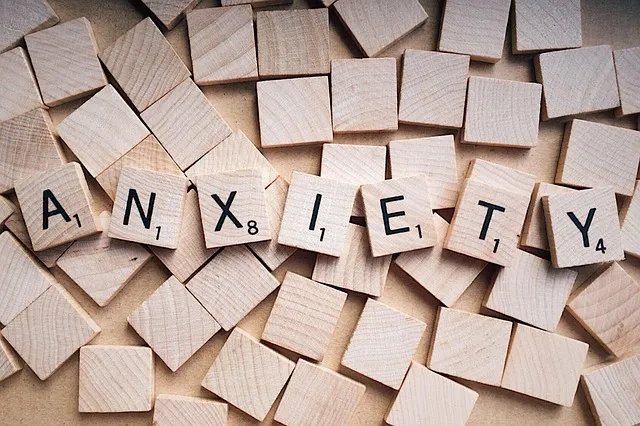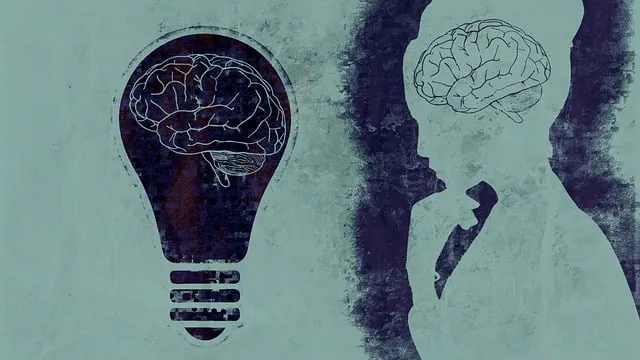The Kaiser Permanente mental health facility in Littleton employs a holistic, empathetic approach to mood regulation, combining cognitive strategies (mindfulness, journaling), behavioral interventions (conflict resolution, trigger recognition), and mind-body practices (meditation, yoga) to empower patients and healthcare providers. This comprehensive, interconnected approach revolutionizes patient support, fostering self-awareness, emotional resilience, and positive thinking patterns for sustainable well-being.
“Discover powerful mood regulation strategies at the Kaiser Permanente Mental Health Facility in Littleton. This comprehensive guide explores various techniques to achieve emotional balance, from cognitive strategies that rewire your thought patterns to holistic approaches focusing on mind and body connection. Learn how behavioral interventions can empower you to manage moods effectively. Dive into these insights for improved mental well-being, inspired by the expert care available at Kaiser Permanente Littleton.”
- Understanding Mood Regulation: Unraveling Emotional Balance at Kaiser Permanente Mental Health Facility Littleton
- Cognitive Strategies: Thinking Your Way to Stability
- Behavioral Interventions: Actions for Better Mood Management
- Holistic Approaches: Nurturing Well-being Beyond the Mind
Understanding Mood Regulation: Unraveling Emotional Balance at Kaiser Permanente Mental Health Facility Littleton

At Kaiser Permanente Mental Health Facility Littleton, understanding mood regulation is a cornerstone of patient care. Here, mental health professionals delve into the intricate dance of emotions, aiming to achieve emotional balance for their patients. By integrating various empathy building strategies, healthcare providers foster strong connections with individuals seeking support, creating a safe space for expression and healing.
Through comprehensive risk assessments, the facility ensures that mental health professionals are equipped to handle diverse patient needs. This includes identifying potential risks and implementing burnout prevention strategies tailored to the unique challenges faced by healthcare providers in this field. By upholding these practices, Kaiser Permanente Mental Health Facility Littleton strives to revolutionize mood regulation, offering a vibrant tapestry of care that empowers both patients and professionals alike.
Cognitive Strategies: Thinking Your Way to Stability

Cognitive strategies play a pivotal role in mood regulation, offering powerful tools to navigate and stabilize emotional states. The Kaiser Permanente mental health facility in Littleton emphasizes this approach as a key component of holistic treatment plans. By challenging negative thought patterns and fostering self-awareness, individuals can gain a deeper understanding of their emotions and triggers.
One effective technique is mindfulness meditation, which encourages present-moment awareness and non-judgmental observation of thoughts and feelings. Regular practice can enhance emotional resilience and promote healthier thinking patterns. Self-esteem improvement through cognitive reframing exercises has also shown significant benefits. By identifying and challenging self-critical thoughts, individuals can cultivate a more positive self-image and better cope with life’s challenges. Self-awareness exercises, such as journaling or mindful reflection, further empower individuals to recognize emotional shifts early on, allowing for timely intervention and adjustment.
Behavioral Interventions: Actions for Better Mood Management

At the Kaiser Permanente mental health facility in Littleton, behavioral interventions play a pivotal role in teaching individuals effective mood management techniques. These strategies focus on actionable steps to help people navigate and improve their emotional states. One such intervention involves identifying and modifying maladaptive behaviors that contribute to adverse moods. By learning to recognize triggers and implementing healthier responses, individuals can better regulate their emotions, especially in stressful situations.
Moreover, conflict resolution techniques are integral to emotional regulation. These skills empower individuals to address interpersonal tensions constructively, thereby reducing the negative impact on mental well-being. In the context of Burnout Prevention Strategies for Healthcare Providers, these behavioral interventions are particularly valuable. By adopting strategies that foster self-care and effective communication, healthcare professionals can maintain emotional resilience, enhancing their ability to provide quality patient care.
Holistic Approaches: Nurturing Well-being Beyond the Mind

At the Kaiser Permanente mental health facility in Littleton, holistic approaches to mood regulation are gaining traction, recognizing that well-being extends far beyond mere mental health. These strategies focus on nurturing the mind, body, and spirit as interconnected systems. For instance, integrating practices like mindfulness meditation, yoga, and physical exercise not only promote stress reduction methods but also enhance overall emotional intelligence. By engaging in these activities, individuals can develop a deeper sense of self-awareness, learn to manage their emotions more effectively, and cultivate positive thinking patterns that resonate beyond the confines of a therapy session.
This holistic approach is particularly beneficial for those seeking sustainable mood regulation strategies. It encourages individuals to take an active role in their well-being by adopting lifestyle changes that support mental health. In essence, it’s about creating balance and harmony within oneself, ultimately leading to improved resilience and a more positive outlook on life. This comprehensive view of emotional health is what makes holistic approaches increasingly popular at facilities like Kaiser Permanente, helping individuals achieve a deeper sense of peace and fulfillment.
Mood regulation is a multifaceted journey, and the strategies discussed here at Kaiser Permanente Mental Health Facility Littleton offer a comprehensive roadmap. From cognitive techniques that challenge negative thought patterns to behavioral interventions promoting positive actions, each approach contributes to emotional balance. Furthermore, adopting holistic methods that nurture physical and mental well-being enhances overall resilience. By integrating these strategies into daily life, individuals can better navigate and manage their moods, ultimately fostering a more fulfilling and balanced existence.






